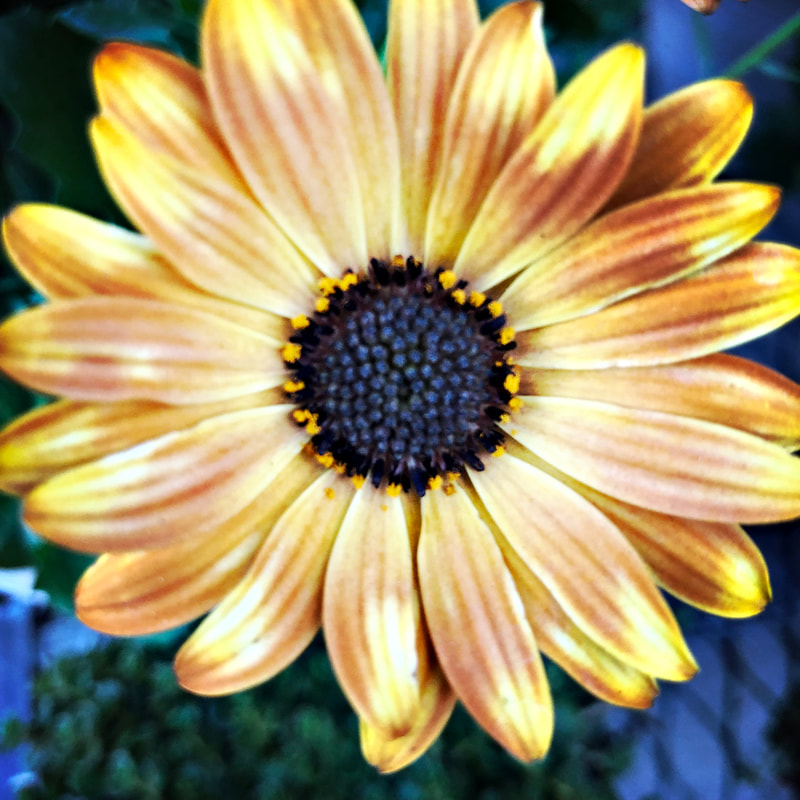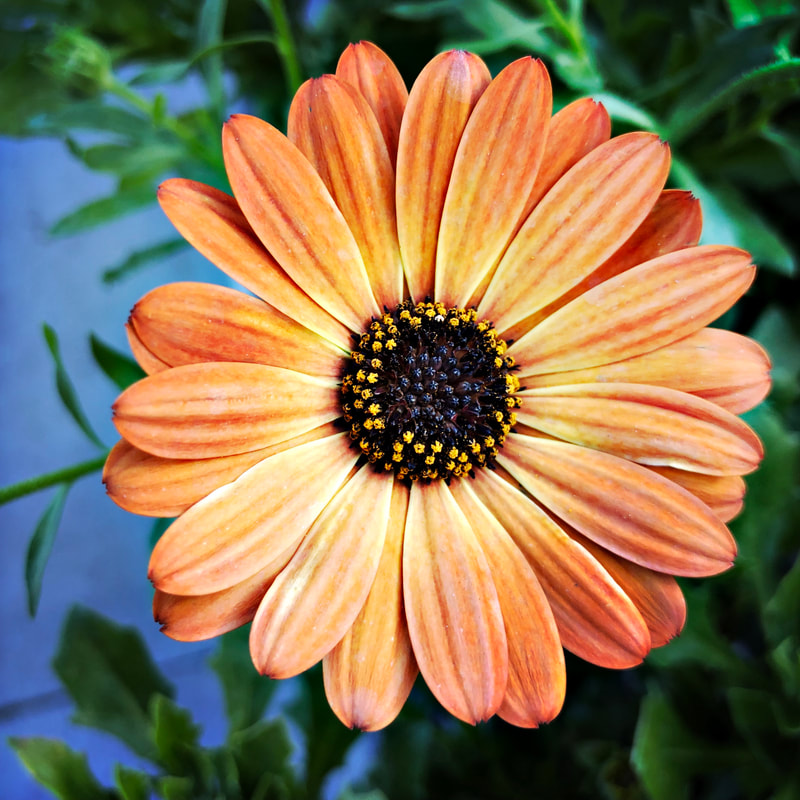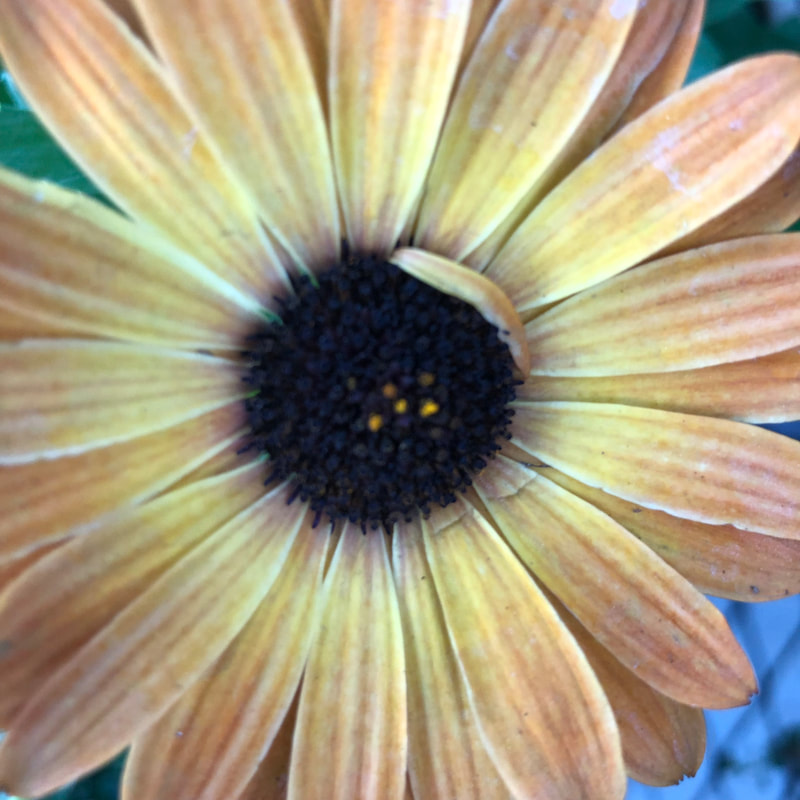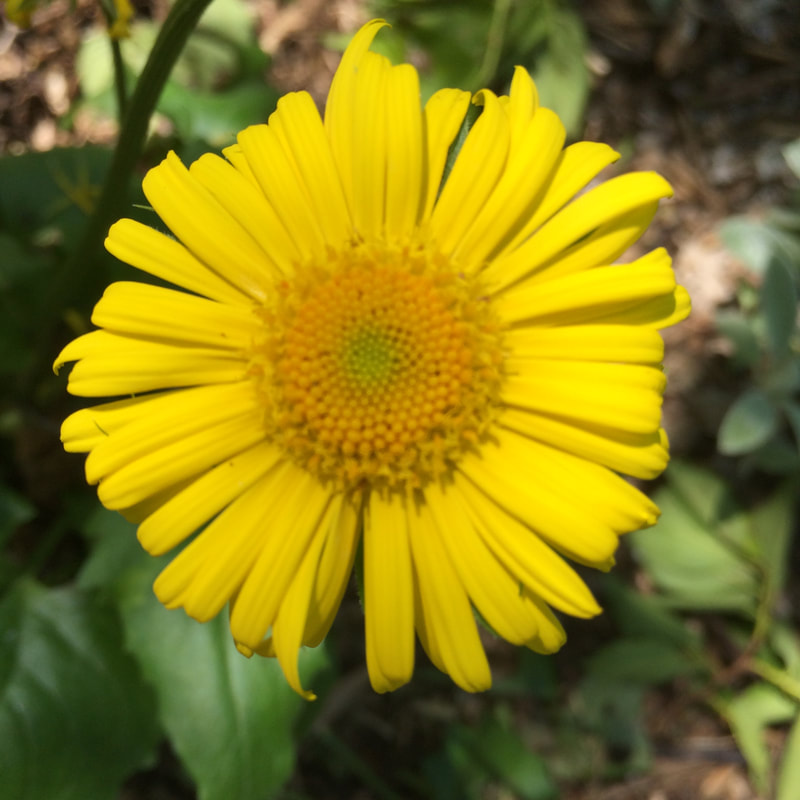Melting Ice and Disappointing Whale Hunts:
A Climate-Focused Review of Contemporary Travel Writing
Whitney Brown
7.2
|
The number of travel essays about climate change, for instance, is still low, and the narrative patterns that travel writers deploy to discuss this crisis are limited. Fortunately, many contemporary travel writers seem interested in using their work to examine climate change, as Wild author Cheryl Strayed indicates after describing the “mission” of the genre in The Best American Travel Writing 2018: “This mission seems ever more important in 2018, as we come to grips with the grave ecological consequences of human-caused climate change and the devastating results of religious and ideological extremism, cultural imperialism, and xenophobia” (xviii). Click here to continue reading.
|
Ross Gay's Logic of Delight
George Estreich
7.2
|
As a thought experiment, it’s fun to read Ross Gay’s The Book of Delights and notice things you’d never find in a book by Tomas Tranströmer. Kombucha, for instance. The words “tummy” and “adore.” An entire short essay about the writer rubbing coconut oil on his body while looking in a mirror. The early discography of Stevie Wonder. I make no claim about the relative value of Tranströmer and Gay, about the surreal, somber, limpid-cryptic poetry of a Swedish Nobel laureate versus these brilliant American “essayettes” dedicated to delight—I love them both—but to suggest that for a writer (me) more instinctively inclined to the somber, understated, surreal, etc., Gay’s essays had an impact. (When I told my wife about the ground rules of Gay’s book—every day, write about something delightful—she said, “That doesn’t sound like you.”) Click here to continue reading.
|
“You Are Absent”: The Pronoun of Address in Nonfiction
Wes Jamison
7.2
|
Such is the power of you: to contract us into an act of communication. In nonfiction, we frequently interpret, and subsequently dismiss, second-person, or, more properly you, as the recipient of an epistolary. This is completely justified and anticipated: some of us are avid letter writers, and it is not unlikely that most of us have read posthumously published letters or transcripts of speeches. But consider how much we occlude when we stop ourselves from analyzing or interpreting beyond finding the name or antecedent of the you and their relationship to the speaker or use that as a means of discrediting other interpretations. Despite this power and its hold on a reader’s actual person, there is little work that does more than mention the presence of you. Click here to continue reading.
|
The Lyric Essay as a Form of Counterpoetics
Zachary Ostraff
7.2
|
In 1981, Maxine Hong Kingston’s book, China Men, won the National Book Award for Nonfiction, and yet, many scholars argue that it isn’t nonfiction. Many of her critics argue that the use of fictional techniques led her writing beyond the reality of fact and into the realm of fiction. This debate stems from a singular approach to what creative nonfiction entails; all too often the assumption of a nonfiction text is that it is entirely provable and includes only identifiable facts. However, I want to make the case that Kingston used the lyric essay and its techniques, which, in the case of China Men, allows the writing to become a sort of counterpoetic to the mainstream ideas of Chinese immigrant history in America. Click here to continue reading.
|
Interrogating Patterns:
Meandering, Spiraling, and Exploding throughThe Two Kinds of Decay
Kara Zivin
7.2
|
In Jane Alison's introduction to Meander, Spiral, Explode, she proposes her overarching concept, namely, that patterns found in nature can inform both fiction and nonfiction writing. She notes, "my writer self thinks two things: first, being aware of visual elements such as texture, color, or symmetry can open windows and let us design as much as write. Text comes from texere, after all: to weave. Next, we can be conscious, deliberate, innovative, in the paths we carve through our words" (5). Her luscious language oozes onto the page, enticing the reader to devour the text. Click here to continue reading.
|





